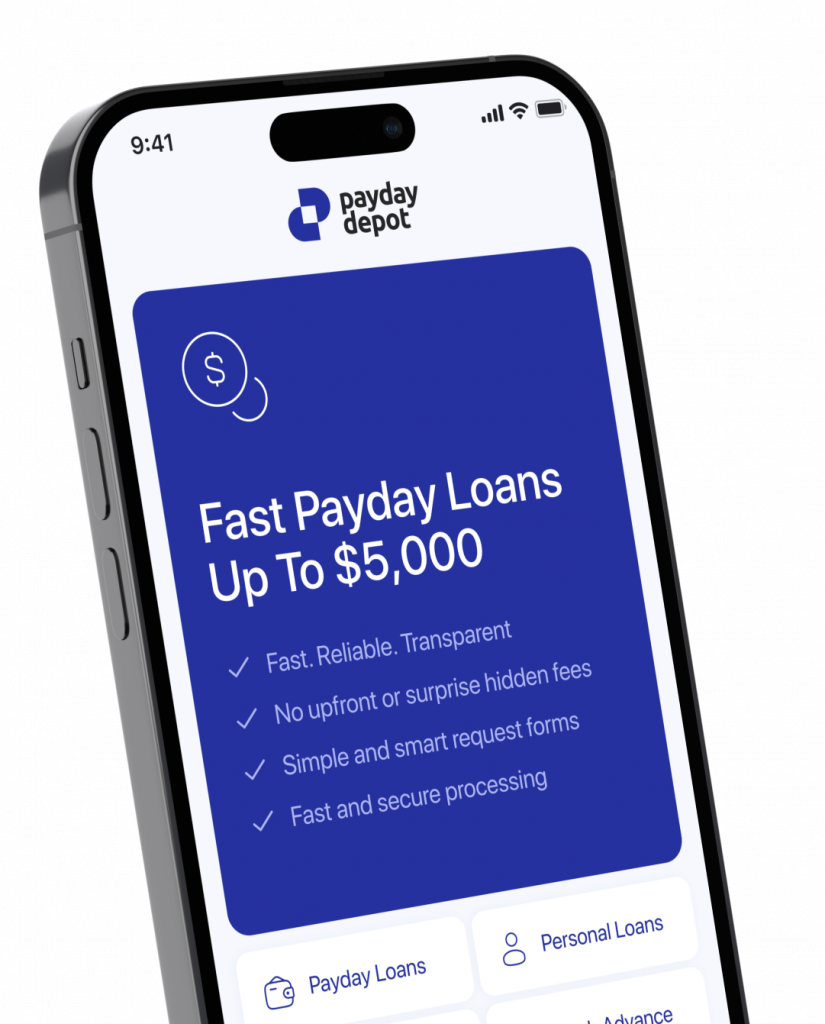What Is a Good APR for a Personal Loan?
The annual percentage rate (APR) is determined depending on many factors, but the leading one is the applicant’s credit rating. The higher your credit score, the lower the APR the lender will offer. In addition, important factors for determining the annual percentage rate are:
- loan amount
- loan term
- applicant’s income, etc.
Most lenders provide estimated APRs on their websites, so you can compare them and choose the most profitable one. The range is quite wide — from 4% to 36%, so do not rush to make a decision until you have considered different options.
The US average for 2024 is just over 12%. Therefore, if you manage to negotiate with a lender who offers a lower APR, you are lucky and should value your relationship with it to continue to take cheaper loans than others in the future.
Factors That Determine APR
Lenders make interest rate decisions for customers based on many factors. Since the interest rate forms the basis of the APR, your annual payments will largely depend on it. The APR also includes various fees, which are set in accordance with the lender’s servicing policy. For example, in most cases, you will have to pay an origination fee, which can vary from 1% to 10%.
Among the factors that influence the size of the APR for a particular client, the following are the most significant:
Credit Score
To get a loan at a low credit rate, you need to have a Fair or Good credit score. The lowest interest rate will be offered to borrowers with Very Good and Exceptional ratings. Those who have a Poor score can only get a loan at a high interest rate.
Duration of Loan Repayment
If you are willing to repay a loan quickly enough, the interest rate will be lower. For those who ask for a longer repayment period, the interest rate will be higher, as the risks of loan non-repayment increase.
Income
The lender needs to know the applicant’s income and the amount that remains after paying off other debt obligations. If they see that the borrower’s income is large enough to repay the loan, they will offer a lower interest rate. With a low income, the lender takes a much greater risk and will raise the interest rate.
Failure to make your monthly payments on time may also affect the total cost of your loan. In this case, the borrower is obliged to pay late fees. The opposite situation is also penalized by most creditors — if you want to pay off your debt early. This will lead to prepayment penalties, which will also increase the cost of the loan.
However, these fees for late or early payments are not included in the APR that lenders indicate on their websites or when concluding contracts. Therefore, if you want your loan payments to not go beyond the agreements, you should make them on time — without delaying but not paying it off early either.
